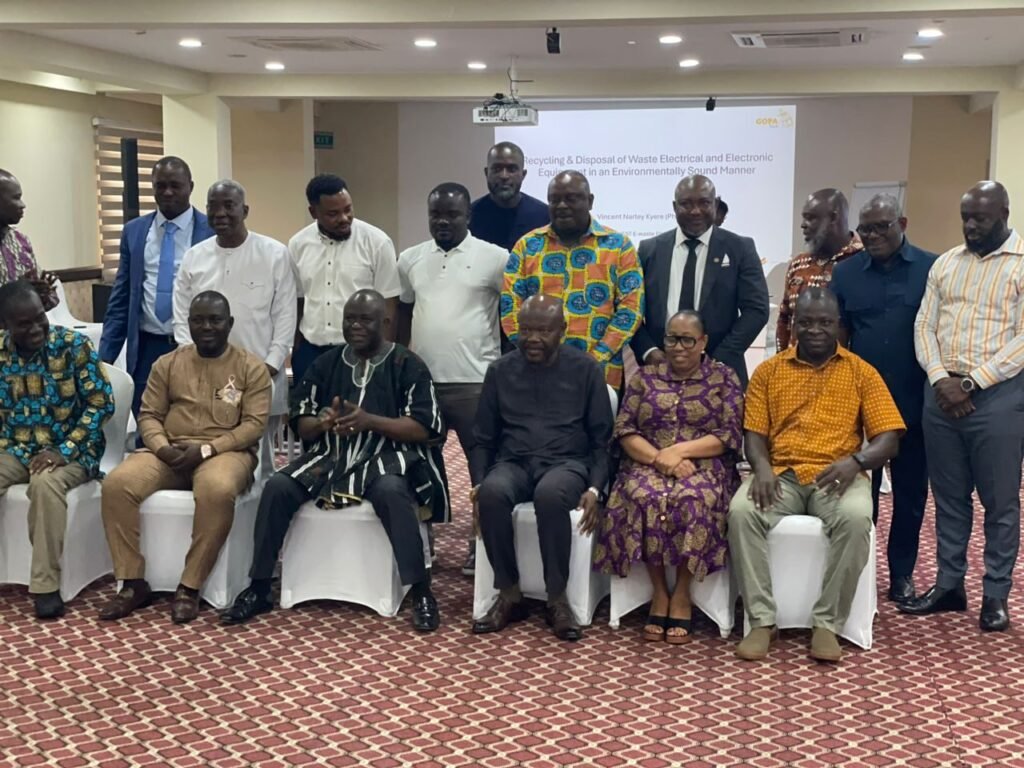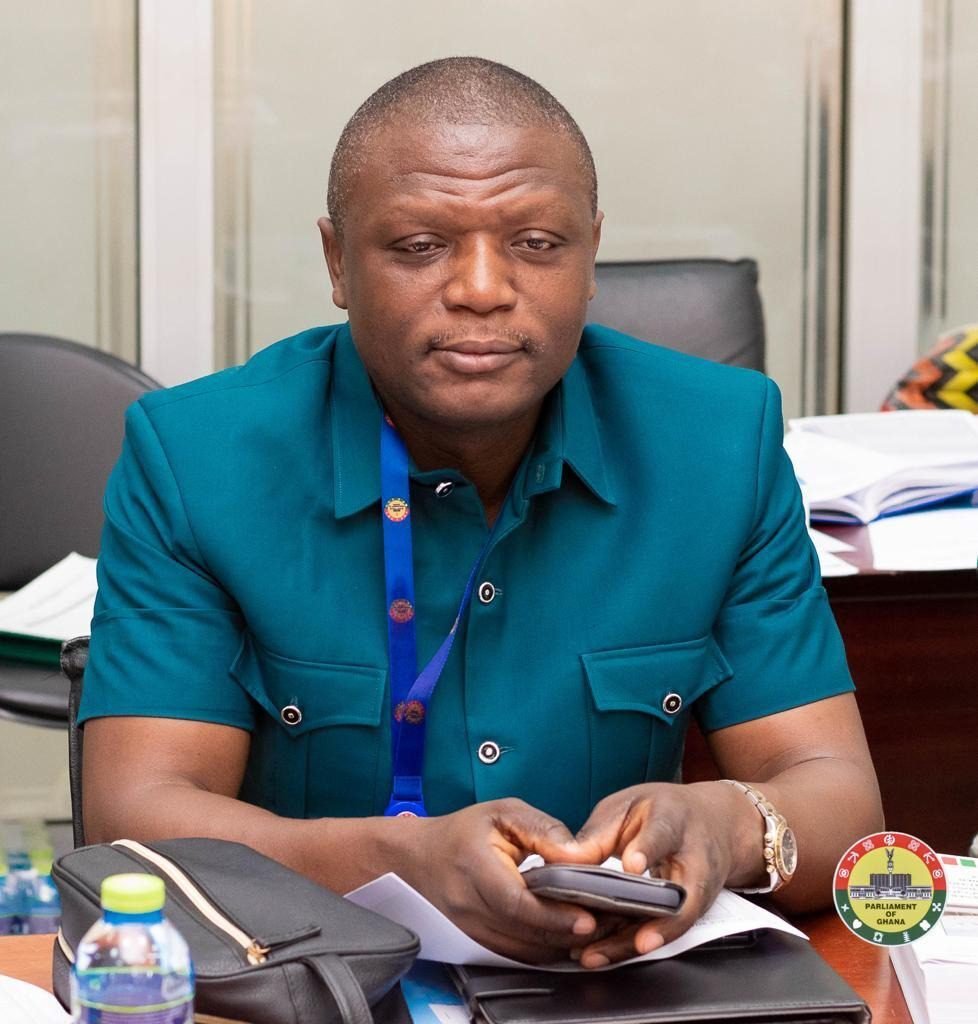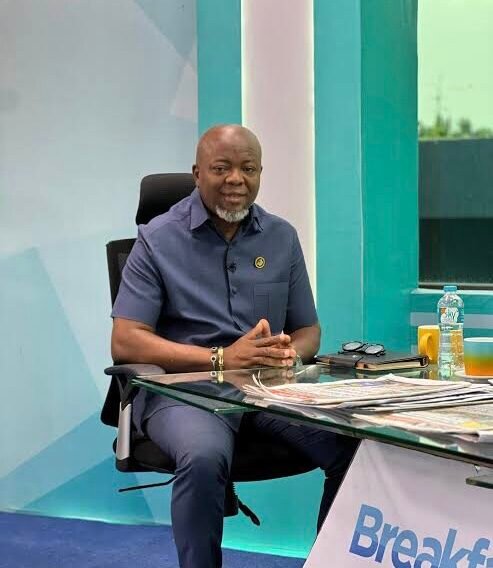The Ranking Member on the Environment, Science and Technology Select Committee, Hon. Prof. Adam Hamza, has explained the purpose of an ongoing electronic-waste workshop.
Prof. Hamza, who is also the Member of Parliament for Kumbungu said e-waste is a growing challenge that requires a skilled committee to manage it.
Speaking to NewsDesksgh on October 1 during the opening of the two-day capacity building workshop in Accra, he noted that the rising scale of e-waste in the country made it necessary to equip themselves with knowledge and skills in the sector.
Present at the workshop were some Members of Parliament as well as consultants.
“The select committee of environment, science and technology is meeting to have a capacity building session,” he said.
“Members of the committee have found it very necessary for us to build our capacity within the space of the e-waste.”
Prof. Hamza stated that as members of parliament, it is their responsibility to oversight issues around electronic waste.
“It is our duty to provide policy alternatives, look at issues of budget and also oversight the activities of the e-waste farm,” he said.
Prof Hamza said the training would give MPs the tools needed to make well-informed decisions.
“Once the capacity of members are built then they’ll be properly informed to be able to criticise policies, provide policy alternatives, have a proper look at budget allocations and ensure proper implementation of e-waste farming.”
He also revealed that an e-waste farm was established to manage the electronic waste in Ghana.
He explained that the workshop, which runs on October 1 and October 2, combines classroom and fieldwork components.
On the first day, the committee will part in theory based sessions, while the second day will focus on site visits to e-waste collection centre and recycling companies.
“We will look at some few industries that are into the e-waste management; where they’re doing recycling and then some extracting e-waste from some General Electric gadgets,” he added.
Prof. Adam Hamza expressed optimism that the training will leave committee members better equipped to contribute meaningfully to Ghana’s environmental policy.
“I believe strongly that by the end of tomorrow, members of the committee would have been properly informed about the e-waste industry,” he noted.



